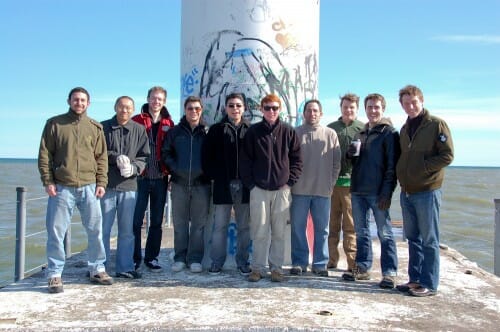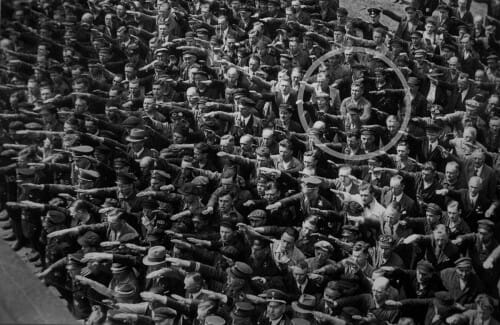Here is what I remember from the late 1980's - just about every technocratic pundit of the leftish bent, and a number on the right, all hailed Japan as the government economic planning model the US should follow. One fawning essay after another lauded Japan's MITI and its top-down approach to economic investment.
Practically within hours of when these editorials peaked, the Japanese economy began to crumble. We know now that MITI and other Japanese officials were creating gross distortions and misallocations in the economy, and inflating an economic bubble with gobs of cheap credit. These distortions have still not been entirely cleared from the Japanese economy 20 years later, and the country experienced what was called "the lost decade" which may become the lost two decades.
For over a year, it has appeared to me (and many other observers more knowledgeable than I) that China was headed for a crash for many of the same reasons as Japan. I am now sure this is true,
The current debates about China's currency, the trade imbalance, our debt and China's excessive use of pirated American intellectual property are evidence that the Global Revolution—coupled with Deng Xiaoping's government-led, growth-oriented reforms—has created the planet's second-largest economy. It's on a clear trajectory to knock America off its perch by 2025....
There is no doubt that China will pass the US in total economic size -- it has three times more people than we do. But their success is clearly due to the small dollops of free enterprise that are allowed in a statist society, and advances are made in spite of, not because of, the meddling state.
Exactly how much economic progress had China made before its leaders brought in the very free market ideas Stern says are dead? None, of course. To read China as a triumph of statism and as the death nell of capitalism, when in fact it is one of the greatest examples in history of the power of capitalist ideas and how fast they can turn around a starving and poverty-stricken country, is just willful blindness.
I will include just one other excerpt
While we debate, Team China rolls on. Our delegation witnessed China's people-oriented development in Chongqing, a city of 32 million in Western China, which is led by an aggressive and popular Communist Party leader—Bo Xilai. A skyline of cranes are building roughly 1.5 million square feet of usable floor space daily—including, our delegation was told, 700,000 units of public housing annually.
Meanwhile, the Chinese government can boast that it has established in Western China an economic zone for cloud computing and automotive and aerospace production resulting in 12.5% annual growth and 49% growth in annual tax revenue, with wages rising more than 10% a year.
My first thought on reading this was that Houston used to look exactly like this, with cranes all over the place building things, until we had an Administration that actively opposed expansion of domestic oil production. My second thought is that this reads so much like the enthusiast essays written by leftists when they used to visit the Soviet Union and came back telling us Russia was so much superior to the US -- just look at the Moscow subway!
The emergence of hundreds of millions of people in China and India from poverty is exciting as hell, and at some level I don't blame Stern for his excitement. But I fear that what he is seeing is the US housing bubble on steroids, a gross misallocation of capital and resources driven by a few technocrats who think they can manage a billion person economy from their office in Beijing.
Disclosure: I seldom do anything but invest in generic bond funds and US stock funds, but right now I am out of US equities and I have a number of shorts on Chinese manufacturing and real estate.


